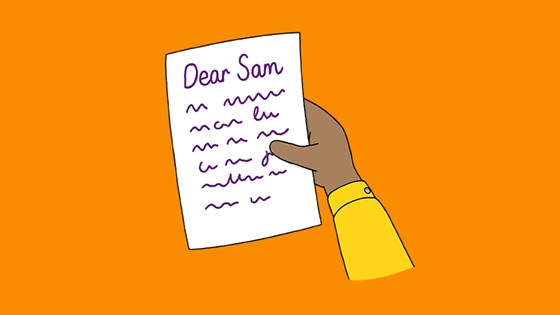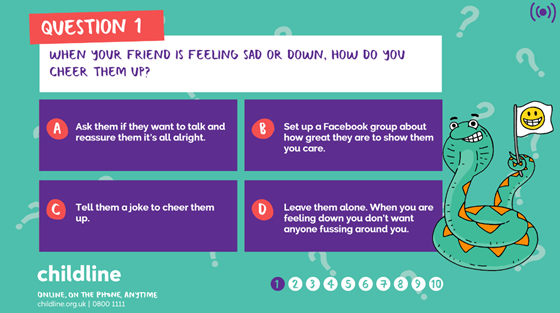coping with death
If someone close to your friend has died, it can be a very difficult time for them. It's difficult to know what to do. But there are things you can do to be supportive:
Make contact
It's normal to feel awkward around somebody who's grieving, and you might want to avoid upsetting them anymore. But your friend needs as much support as possible, especially at school. Be honest about how you feel.
Saying, "I'm not sure what to say, but I want you to know that I care" will mean a lot to them. Sometimes just being there for them can really help.
Sometimes a friend might just want to be alone. It can help to remind them that you're there for them whenever they're ready.
Offer practical help
There are lots of little ways you can make it easier for your friend. Join them on a walk, go for lunch with them or watch a film together. You can also help by writing out any notes they've missed in class and collecting hand-outs.
Listen and be there for them
Let your friend talk about how their loved one died. If they're not ready to talk just yet, don't force them. You can help by just being there and reminding them that it is okay to feel sad.
Sometimes your friend might want a distraction, but it's important to ask what they want to do.
Find out more about coping when someone dies.


















